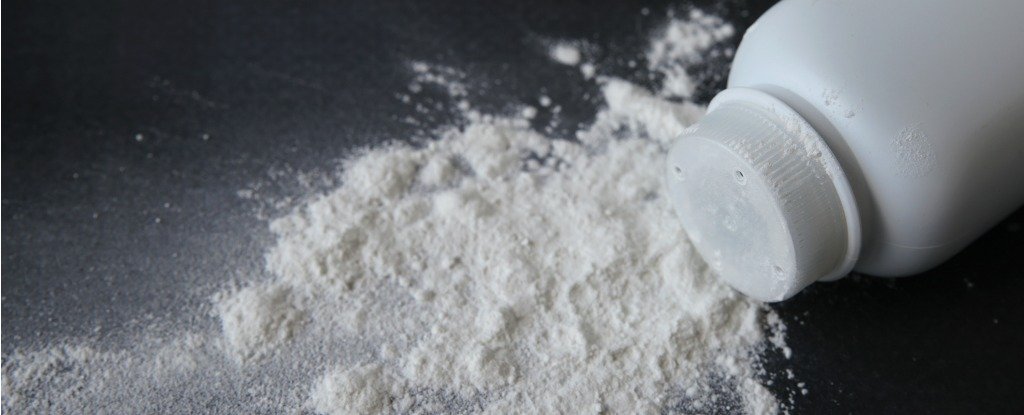Should Women Use Talc? Probably Not!
"The evidence that we have is mixed and has to be taken with a little bit of skepticism."
"This is chronic irritation of the ovary, and we do know that chronic irritation is associated with some carcinomas."
"Do we have really good evidence for that? The literature goes back and forth on this."
"But should you use talc? Probably not."
Dr. James Bentley, gynecological oncologist, Dalhousie University, Halifax
"I'm persuaded by the evidence that talc used in the genital area will reach the ovaries and lymph nodes, and it creates an inflammatory environment that could contribute to the development of cancer."
I've always felt the data was sufficient to warn women about using talc in their feminine hygiene."
Dr. Daniel Cramer, professor of obstetrics, gynecology and reproductive biology, Brigham and Women's Hospital, Boston
"That was part of my routine because you have a bath and then you put powder on."
"We trusted them and we believed in their product. I put it everywhere. I loved it. I thought it smelled pretty. It makes your skin silky and soft."
"Everybody who has suffered through this ... if they used baby powder the way I did and they got sick from it, Johnson & Johnson needs to help us."
Rhonda Dobson, cancer patient, New Brunswick

Johnson & Johnson, the producer of talcum powder meant for use in feminine hygiene insists that their product is not involved in causing mesothelioma or ovarian cancer. Talc is a mineral that is mined, one that can be contaminated with the presence of asbestos -- known to cause mesothelioma, a deadly cancer -- its use now outlawed in much of the world. "Johnson & Johnson remains confident that its products do not contain asbestos and do not cause ovarian cancer, and intends to pursue all available appellate remedies", it stated after a jury in St.Louis Missouri awarded 22 women in a class action suit close to $4.7 billion.
All of these women represented by the law suit claimed their use of the talcum powder over decades in the interests of feminine hygiene caused their ovarian cancer. There is another class-action lawsuit yet to be certified alleging women in Canada suffered cancers caused by their long-term use of the company's talcum powder, advertised for that purpose. A Quebec court assented to a class action suit covering women in the province who had been long-time users of Johnson & Johnson baby powder or Valeant's Shower to Shower for personal hygiene. The Merchant Law Group which is leading that action is preparing a second class-action suit in British Columbia, awaiting certification.
Boston's Brigham and Women's Hospital's Dr. Cramer was responsible for a study undertaken in 1982 drawing a link between long-term talc use on female genitals and the later development of ovarian cancer. He led another study in 2016 that suggested the routine sprinkling of the vaginal area with talcum powder invested women with a one-third greater risk of contracting ovarian tumours as compared with women without a history of the product use.
The failure of Johnson & Johnson to place warning labels on the talc they produced was brought out as an issue in the lawsuits. Allegations brought forward in a string of lawsuits all cite the inherent dangers in the use of the talc product for the recommended purpose of feminine hygiene. Juries have responded by awarding huge compensatory amounts to thousands of women who trusted the product's safety.
Opinion within the medical community is mixed since some studies on the potential link of talcum powder to gynecological cancer fail to support its causal link to cancer. The very fact that so many studies appear to give talcum powder a proverbial clean bill of health, leaves women confused, uncertain whether or not they should be avoiding it altogether, or continue taking on trust that the talc remains useful for hygienic purposes and simply is being blamed for women's seemingly coincidental cancers which they link to its use.
Experts in the field, playing for safety, recommend its use be discontinued, whether or not all research fails to agree on its assumed cancer link. Dr. Bentley, for example, feels that women whose habit it became to dust themselves with the product have no need to panic n view of research results that have been inconsistent. In the interests of safety, however, he unequivocally recommends advising women to avoid its use.


0 Comments:
Post a Comment
<< Home